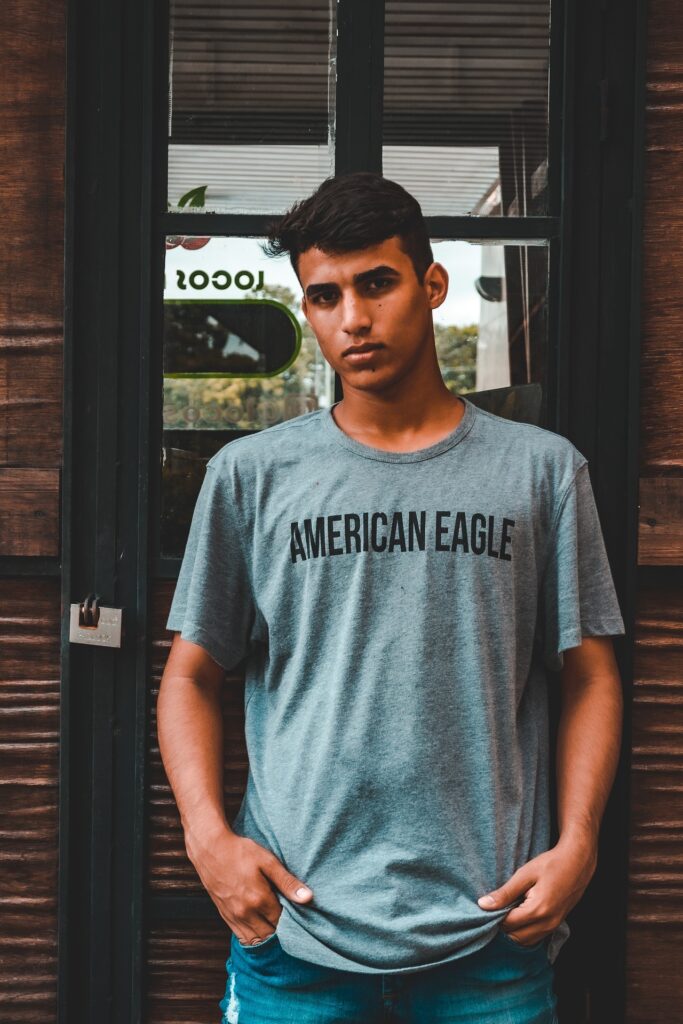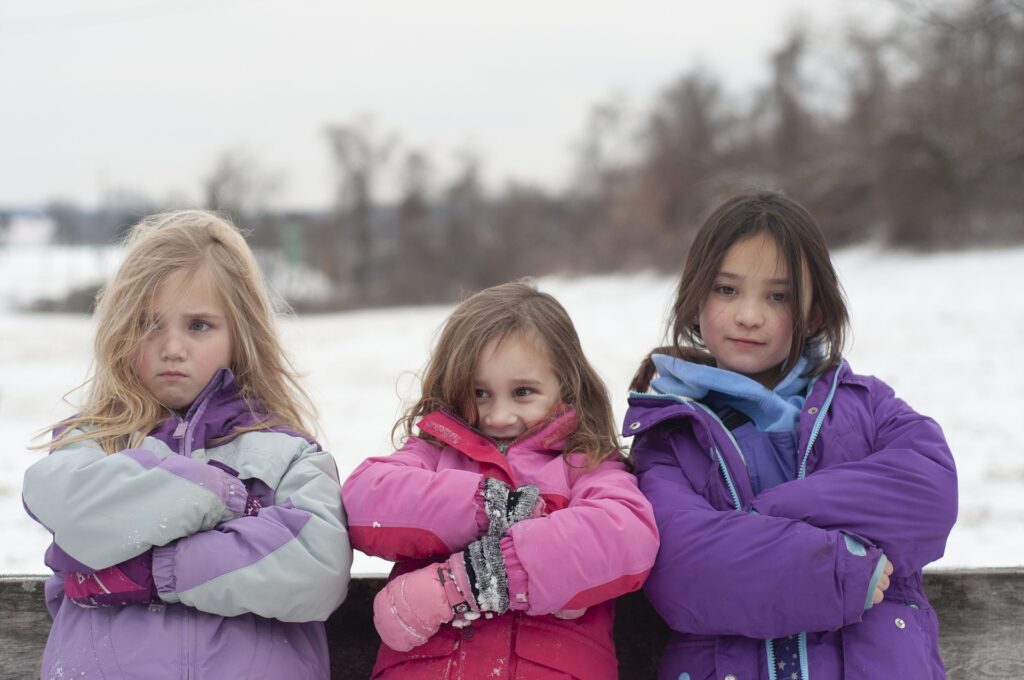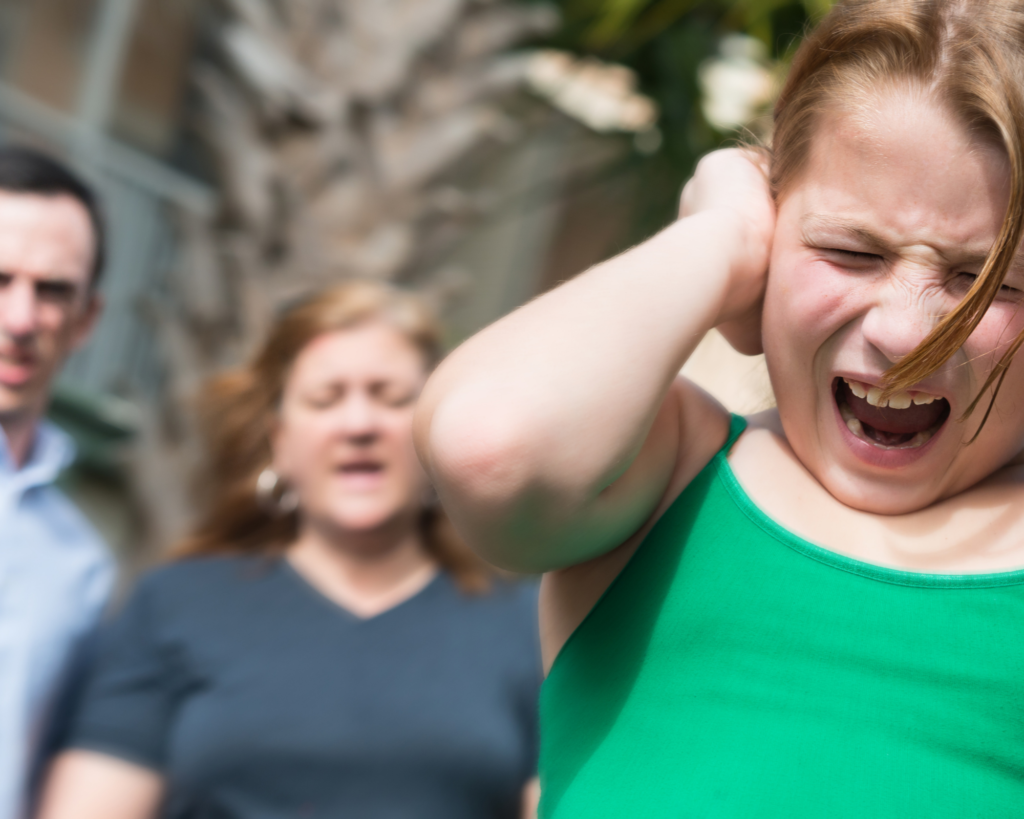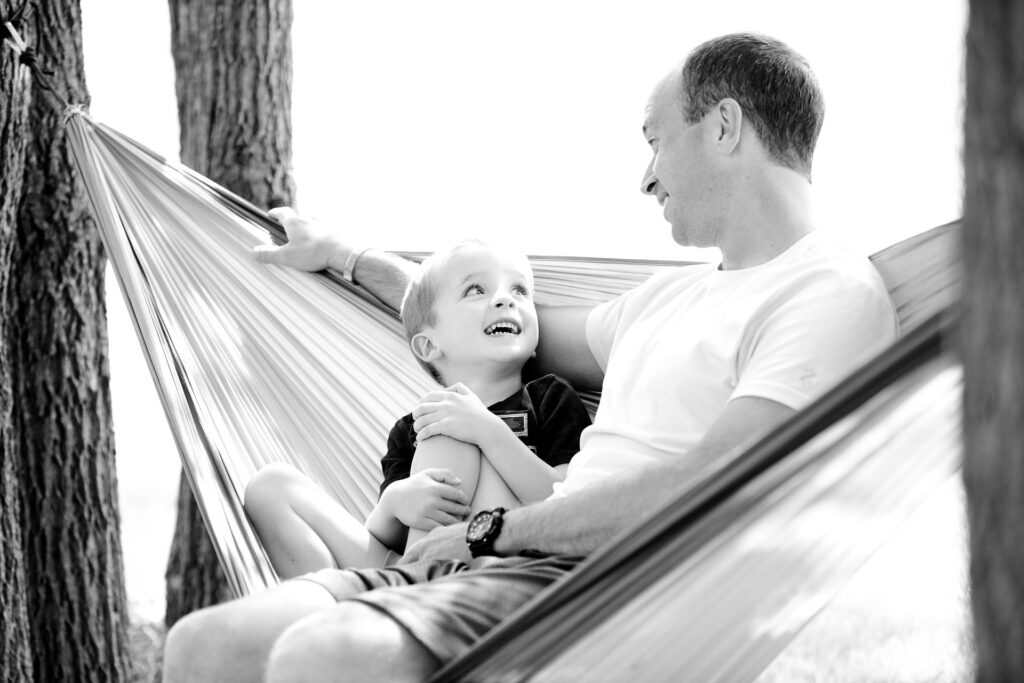Do’s and don’ts of communicating with alienated adult children (and older teens)

Buckle up, because there are some hard truths ahead.
Truth number 1 – our adult children don’t owe us a relationship.
Yep, I said it. Adult children owe us nothing. In a family without alienation, we get the relationship with our children we have earned and deserve. If we’ve been a supportive parent, who gave our children the space to grow into adults they want to be, we can be rewarded with enriching, loving relationships with our adult children. If we’ve been unsupportive, crappy parents, our adult children may have good reason not to want us to be a part of the world they create as adults.
Either way, we are a part of our adult children’s lives by invitation and not entitlement.
Where it all gets unstuck is when pathogenic parenting or parental alienation has interrupted a previously healthy parent/child relationship, where a child has been made to chose between their parents and has rejected the healthy, loving parent because it’s safer. The child loses their ability to put their own wants and feelings ahead of the pathogenic parent, and refuses contact and connection with the targeted parent.
When this happens to our child, how do we attempt to relate to them as adults?
I’ve seen lots of good news stories about alienated children reconnecting with the targeted parent when they have a choice and it’s safe for them to do so. There are also many other stories without that happy ending. Some of those unhappy endings have been unwittingly fueled by the targeted parent and their lack of understanding of how to meet their alienated child in a way that feels safe. You can read more about how to manage relationships with alienated children here.
Step one – put yourself in your adult child’s shoes
Have you ever had an ex stalk you? A cling-on friend or family member who just refused to take no for an answer and would bombard you with their feelings, wants and desire for you? Remember the ick factor for that? How intrusive and abusive those communications felt? If you haven’t experienced directly, you’ve probably read about it or seen it in a movie etc.
Having someone we don’t want a relationship force their feelings on to us can be incredibly distressing and abusive. If our child perceives us as not a safe person, imagine how our attempts to tell them how we feel about them lands.
One of the golden rules around communicating with estranged and alienated children is to focus on how our communication is likely to be received, rather than us simply dumping our feelings on the other person. If there are more I statements that statements about the person we are communicating with, we are in danger of coming across as abusive and narcissistic, no matter how well intentioned we are.
Step two – timing is important
If we accept that us reaching out may not be well received, and instead may feel intrusive or distressing, then we need to be mindful of that when we reach out. It’s tempting to try and be a part of the big moments, birthdays, holidays etc, and to send heart felt out pourings of love and longing. Remember the creepy stalker comparison?
Instead of intruding on your child’s special day, send something a few days earlier. It fills two purposes, firstly it lets your child know that you are thinking of them and remember them at important times. Secondly, it gives them space to enjoy their special day without living in dread of your name popping up and dredging up real or imagined hurts and resentment.
Step three – respecting their request for no contact
This can be incredibly difficult to accept. When do we ‘give up’? Or is it simply that we reframe it to ‘respecting the boundaries of our adult children’? Either way, at some point there may come a time when you are exhausted from screaming into the void, or reaching out to be rejected repeatedly.
Here’s a suggestion for how to frame that conversation with your adult child.
Hello child,
You’ve made it clear that you don’t wish to have a relationship, and I think it’s also been clear that I have had a hard time accepting that. I’m sorry for continuing to push my agenda against your wishes. I hope you know how much I love you and long to be a part of your life, but I also accept that whether that happens is up to you. I know there are good reasons for you feeling the way that you do, and should you ever wish to talk those through with me, I am willing and ready. Until then, I am going to respect your wishes. Any further communication will be instigated by you, with the exception of me updating my contact details if they change. If you wish me still to maintain some contact, with me understanding and respecting your boundaries, then please let me know.
Your parent
Here’s what this communication is saying:
Hey kiddo –
I realise I’ve been an overstepping pain in the butt. I hear you now, and I’m sorry.
I’ve been so wrapped up in my story and my pain, I haven’t been listening to you or understanding your story and pain. I’m open to hearing those uncomfortable truths now and accepting some responsibility for how things are.
I want you to be able to contact me, so I’m going to let you know how to do that. If you still want me to try and communicate in a respectful way, then I’m here for that.
Step four – live your life
When we have children, we never imagine a life without them in it. We don’t think we will be estranged or alienated from our children’s lives or their lives of their children. Our children aren’t dead, so we can’t mourn their passing. Society judges us, there is an immediate assumption that we must have been a crappy parent. Regardless of all of that, we still deserve to be happy, we need to learn how to build lives around our grief and become people we would want to spend time with.
Step five – own your sh*t
There are always many sides to the stories around relationships. Each of those is valid, even if it isn’t reflective of the facts. It’s valid because it’s what the other believes. If we’re able to accept that our children’s stories about us, about their experience of us, and of the childhoods may not match our own, we’re on the path to owning our part in things. No matter how abusive and alienating the other parent may have been, none of us is perfect. We will have done things that hurt our children, even if that was never our intention. One of the special talents of pathogenic parents is taking a small incident and creating a whole narrative of abuse around it. When we deny it happened, or minimise it, then we are telling our children their feelings aren’t true. It’s invalidating and adds to the disconnect.
If we can be curious about what hurts our children are carrying, if we can be open to the idea that we may inadvertently have been part of the problem, we are far more likely to be able to connect with our wounded adult children.






If the child has a narrative about you that is false, and that narrative has been imposed by the alienating parent, then the advice to accept that narrative, own up to your responsibility in that narrative, and apologise for that narrative, and build the relationship up from that narrative, and accept the child’s feelings about that narrative, is deeply disturbing and poor advice.
What is disturbing about meeting an adult where they are at? There is a huge difference between accepting that a narrative is true for our child and accepting that narrative is the truth. Perhaps I didn’t make that differentiation clear enough? If we start off trying to build a relationship by telling the child all of the reasons they are wrong and we are right, it’s not likely to go anywhere. As with all advice, if it’s not for you, then that’s ok, do what feels like the best thing for you.